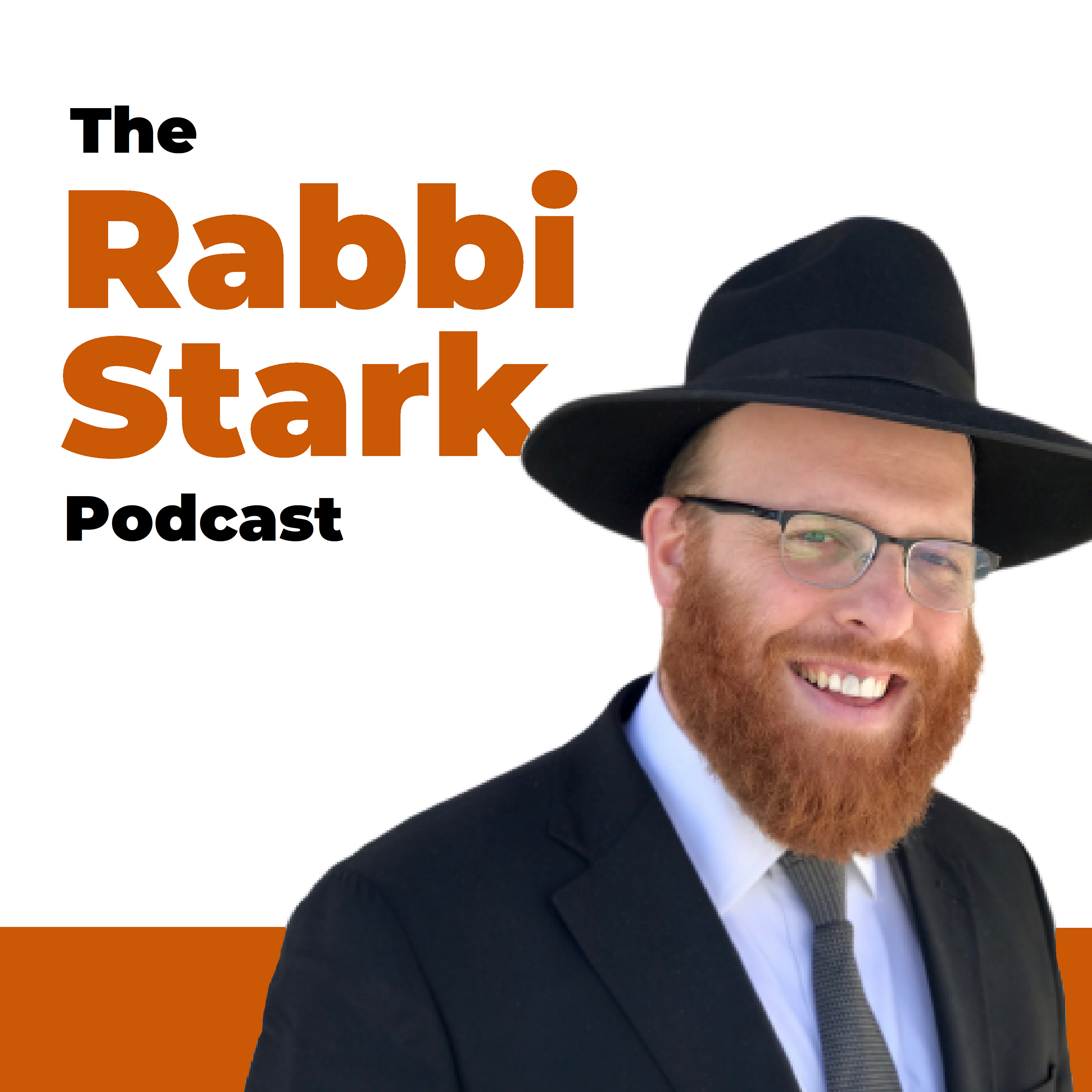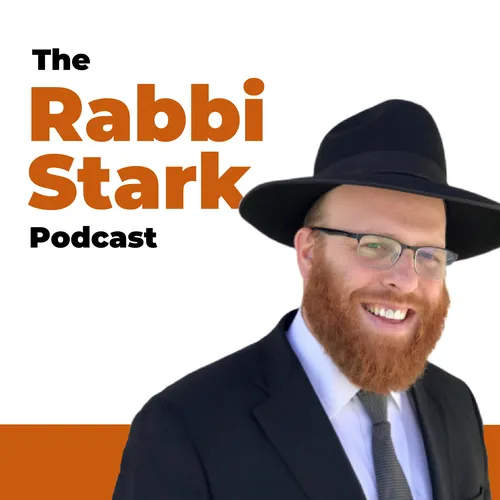
The Rabbi Stark Podcast
Tired of the mundane? Ready to inject some spirituality into your life? Welcome to The Rabbi Stark Podcast. The Mashgiach—formerly of Aderes Hatorah (Senters) and currently of Mishkan Shmuel—is sure to inspire you with his weekly "schmoozim" on topical subjects which will both enlighten your mind and invigorate your soul. Uploaded weekly. For questions, comments, and concerns email [email protected]. To access additional series and the archives visit https://bit.ly/RabbiStark.
- Update frequency
- every 3 days
- Average duration
- 37 minutes
- Episodes
- 386
- Years Active
- 2019 - 2025
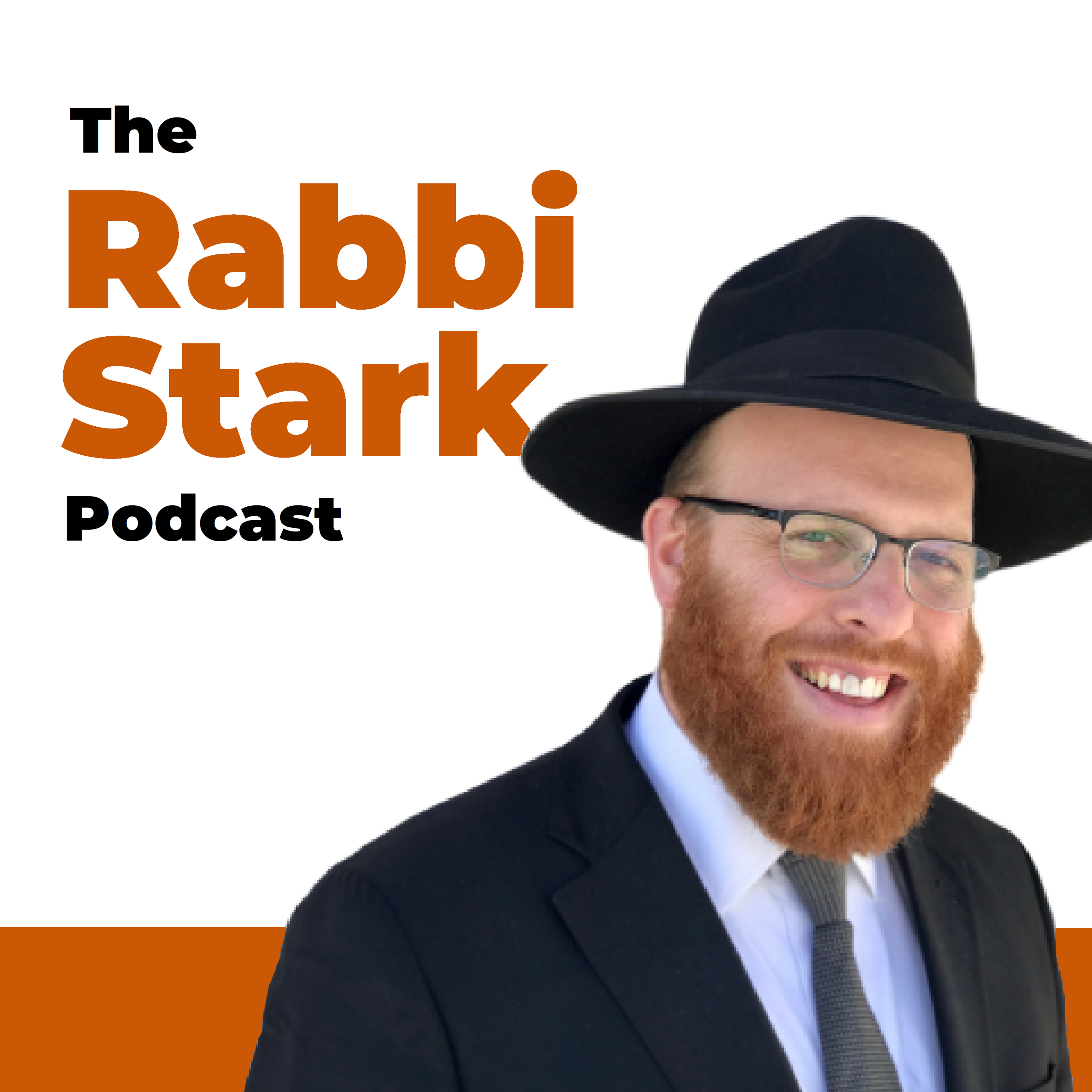
Achdus And The Jewish Identity (Israel At War)
Achdus is not just a "cute" thing which we hear about. Rather, its part and parcel of what it means to be a Jew.
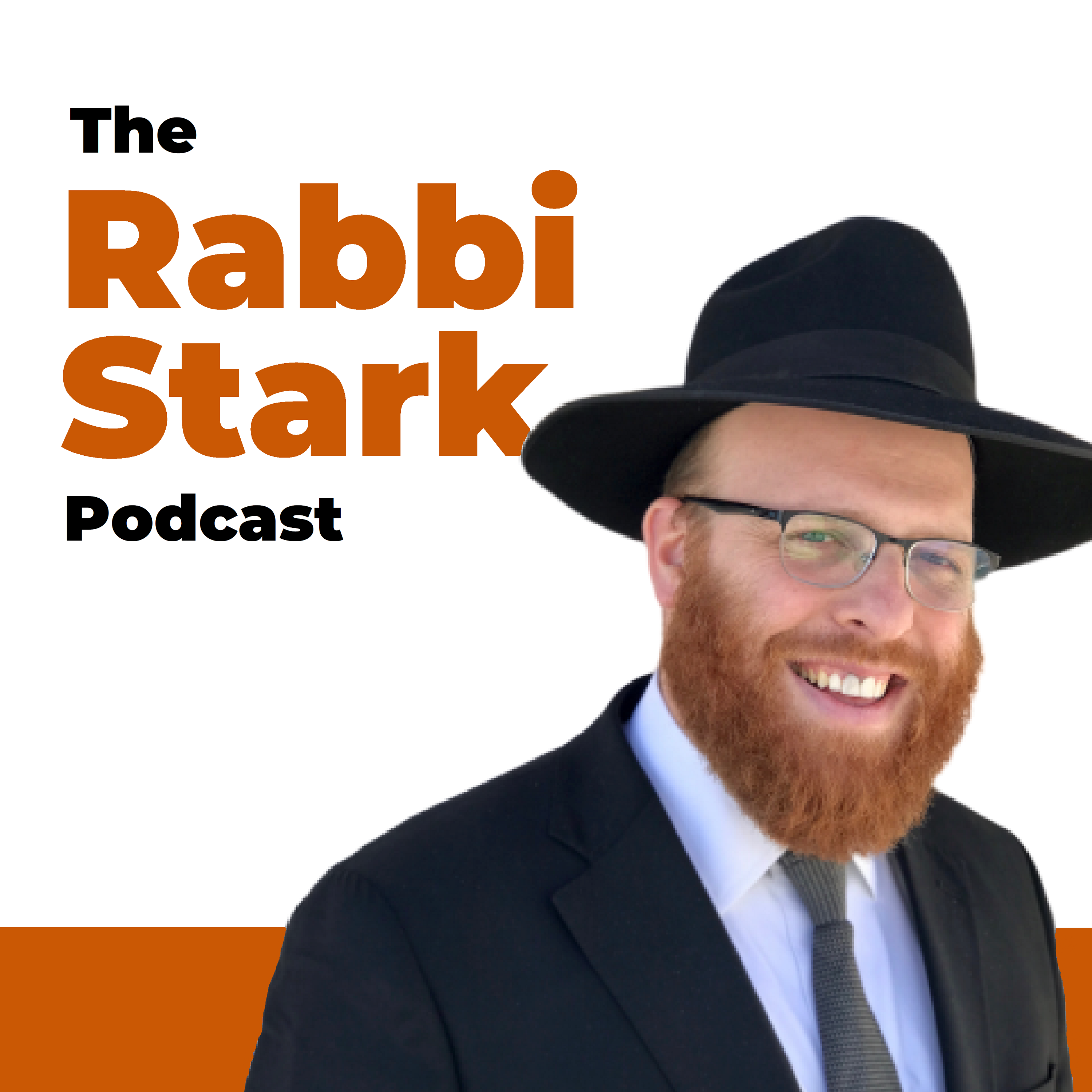
"Remember, Who You Are" (Israel At War)
While tragic, this war is causing something special to stir in each and every Jew.

Fake News And The Truth About This Conflict (Israel At War)
Every single person seems to have an opinion as to what this war is about but Rabbi Stark is here to set the record straight and share how we can ensure victory for the Jewish people.
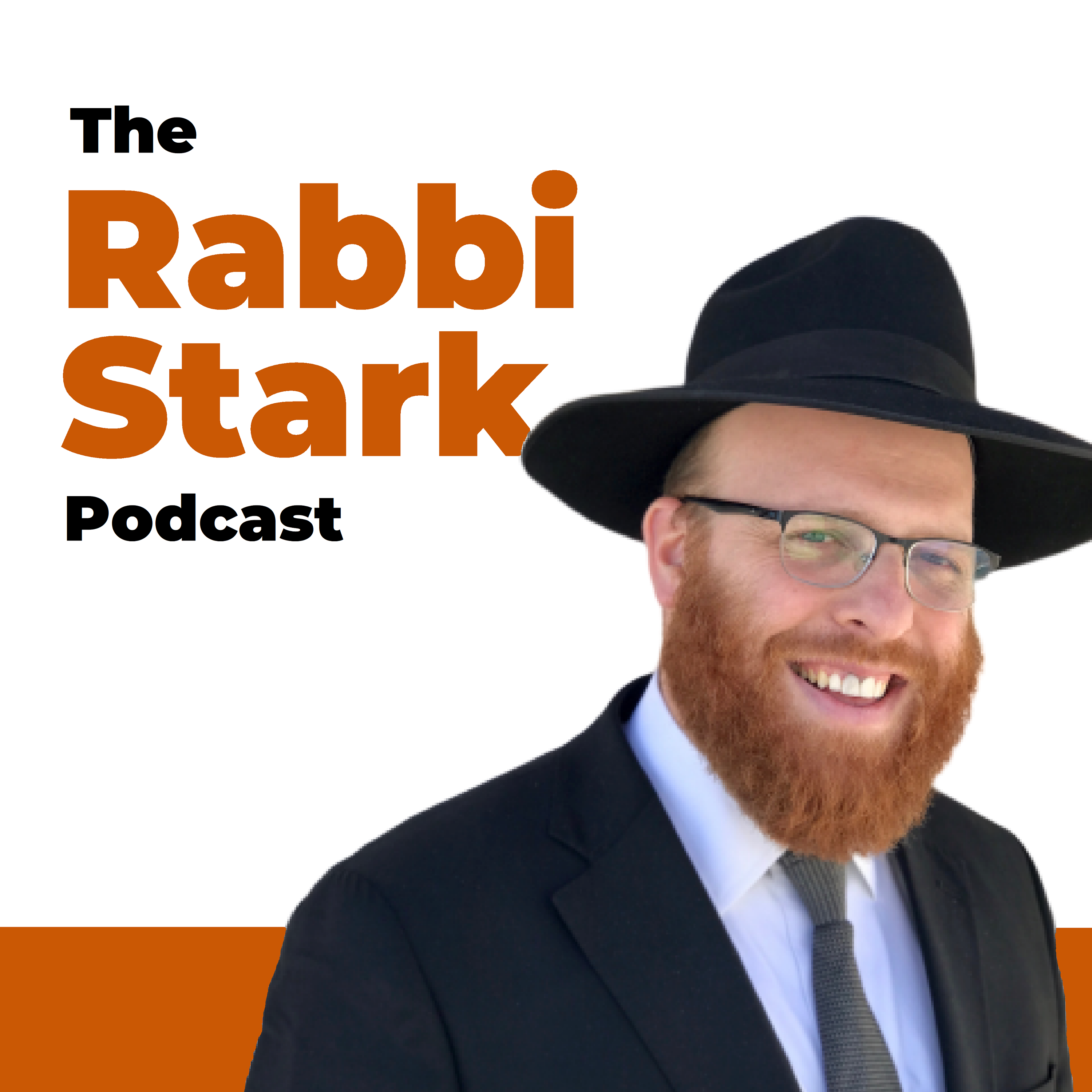
The Only Thing Greater Than Dying "Al Kiddush Hashem" (Israel At War)
The sole purpose of a Jew is to cause others to think "(s)he represents something Godly" upon seeing them.

Yoshev B'seiser And The Protection It Affords (Israel At War)
The tefilah of Yoshev B'seiser contains all the letters of the aleph bais—except for the letter "zayin." Is this mere happenstance or is there some significant that only the letter zayin is nowhere t…
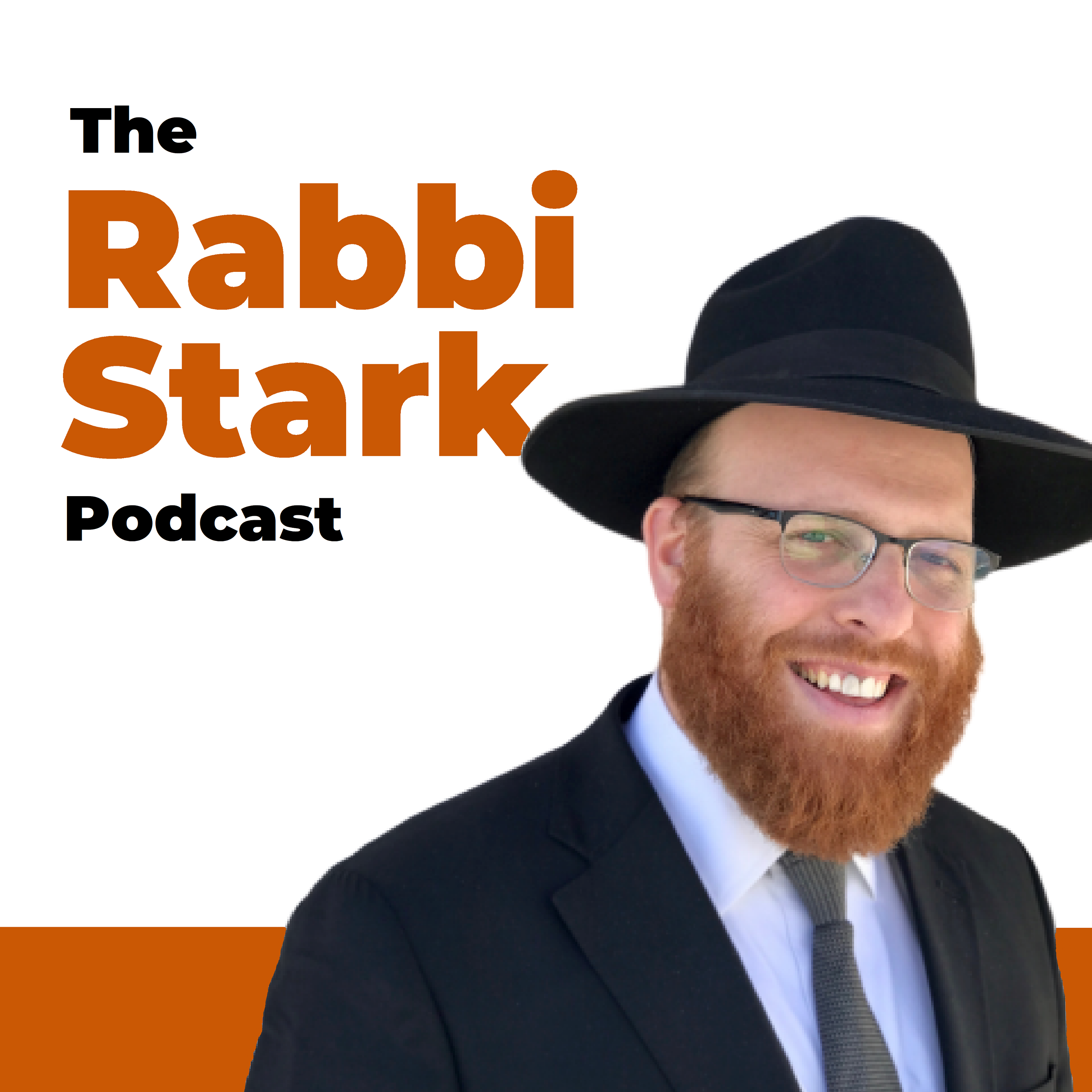
A Soldier's Duty: The Torah View (Israel At War)
Israel has declared war following the horrific Hamas terrorist attack. All Jews are now on the front lines of battle, be it spiritually, physically, or both. How can we ensure our success in this war…

Teshuvah vs Perfection (Aseres Yemei Teshuvah II)
The importance of realizing you are "assembly required."
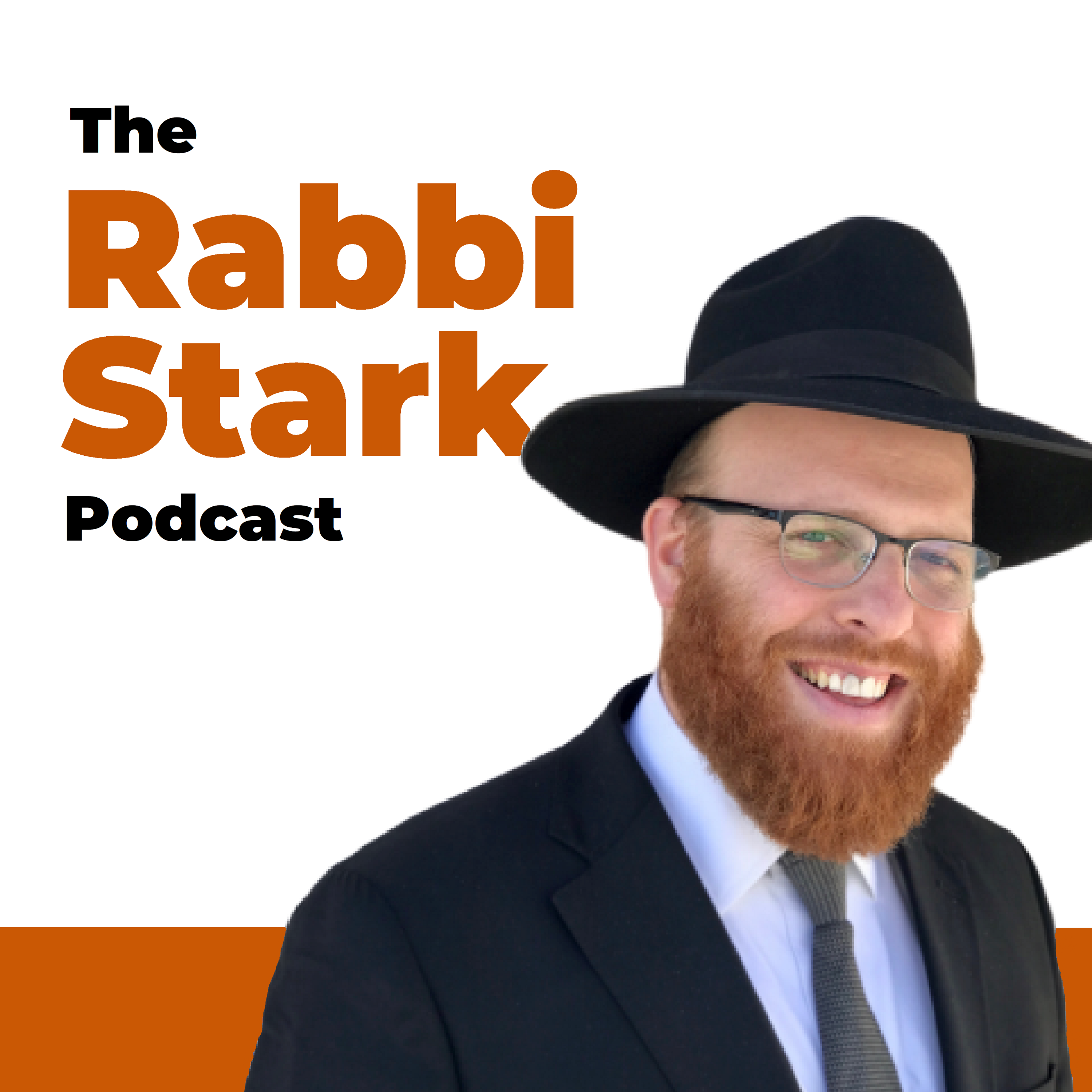
The Secret Of The Yud Gimmel Middos HaRachamim (Aseres Yemei Teshuvah I)
Is the clean slate we get from repeating the Yud Gimmel Middos HaRachamim a "handout" or is there some sort of effort on our part which allows us to be entitled to it?
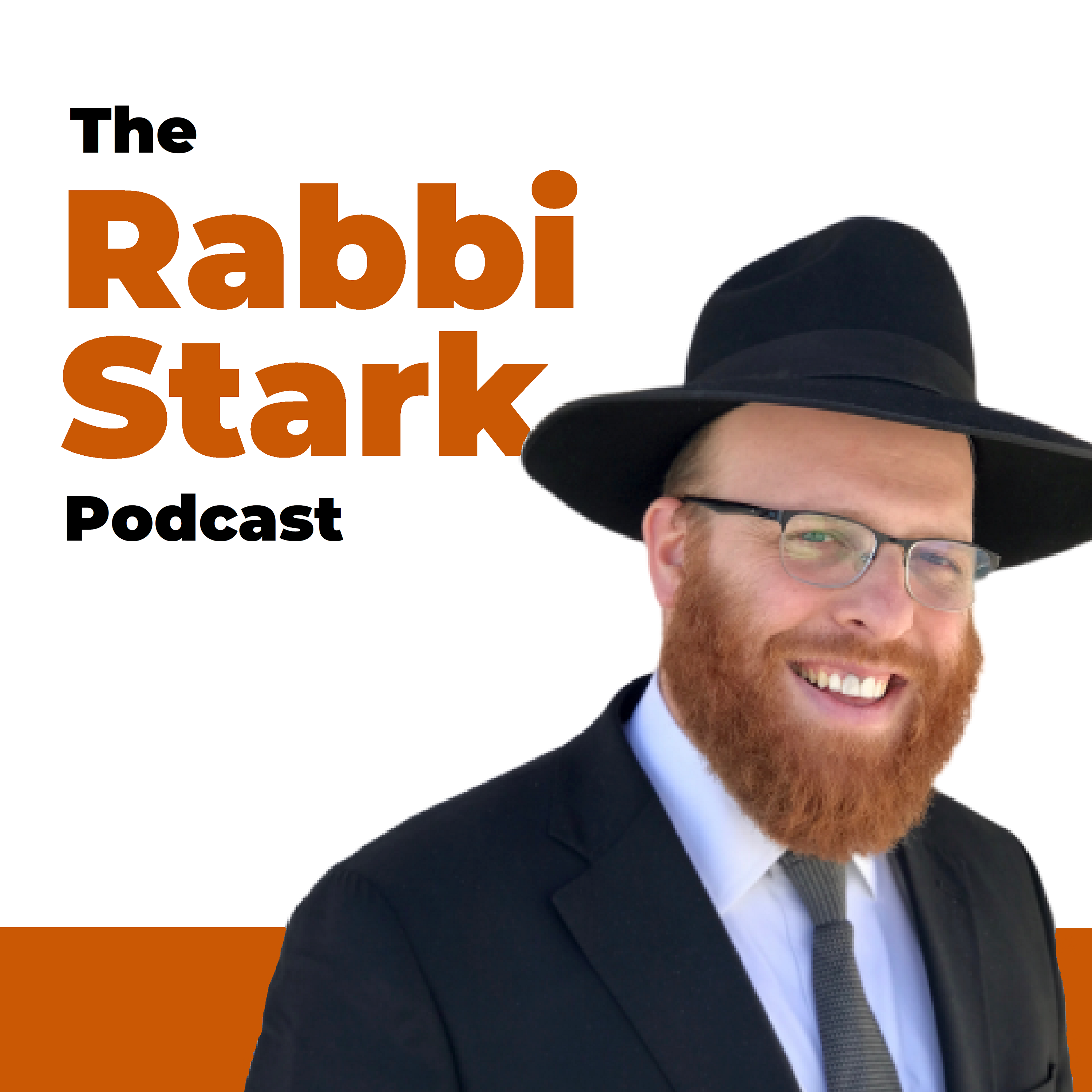
The Only Thing Hashem Needs Is YOU (Rosh Hashanah)
The Mashgiach shares what Rosh Hashanah is really all about and how to ensure we have a successful year.
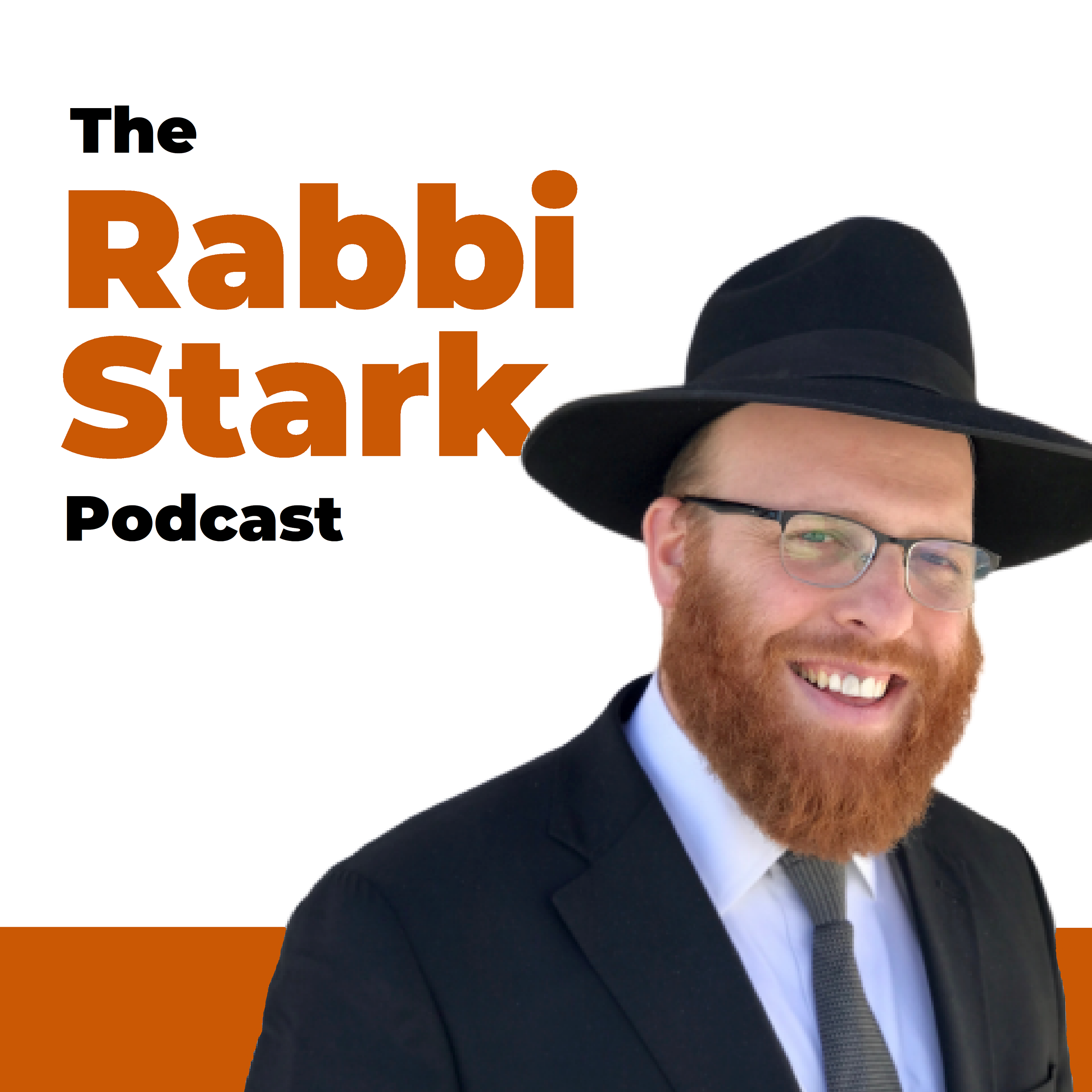
"Abba, Just Push Me In" (Elul III)
Personal growth is a journey, and not always an easy one, resulting in us needing to be "pushed in" at times.
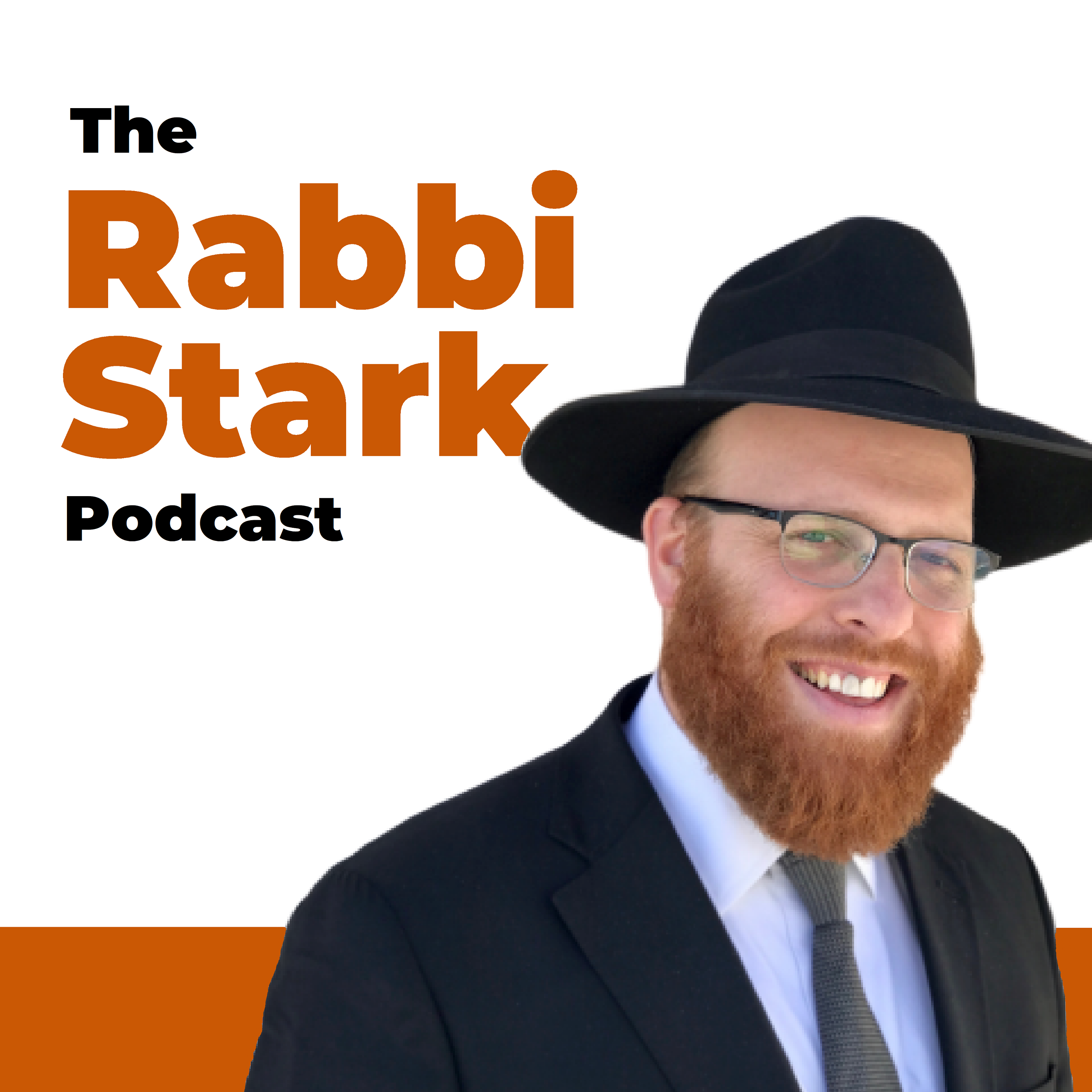
It's Time To Change—Into The Real You (Elul II)
The growth in Elul is for you to become the real you, and it's important to understand that.

Elul Doesn't End The Year—It Starts It (Elul I)
Although Rosh Hashanah is the first day of the new year, Rabbi Stark explains how Elul is tied to the new year too.

The Struggle Is Real (Bein Hazmanim)
Bein Hazmanim can be a tough time but the Mashgiach is here to arm us with life hacks to success.
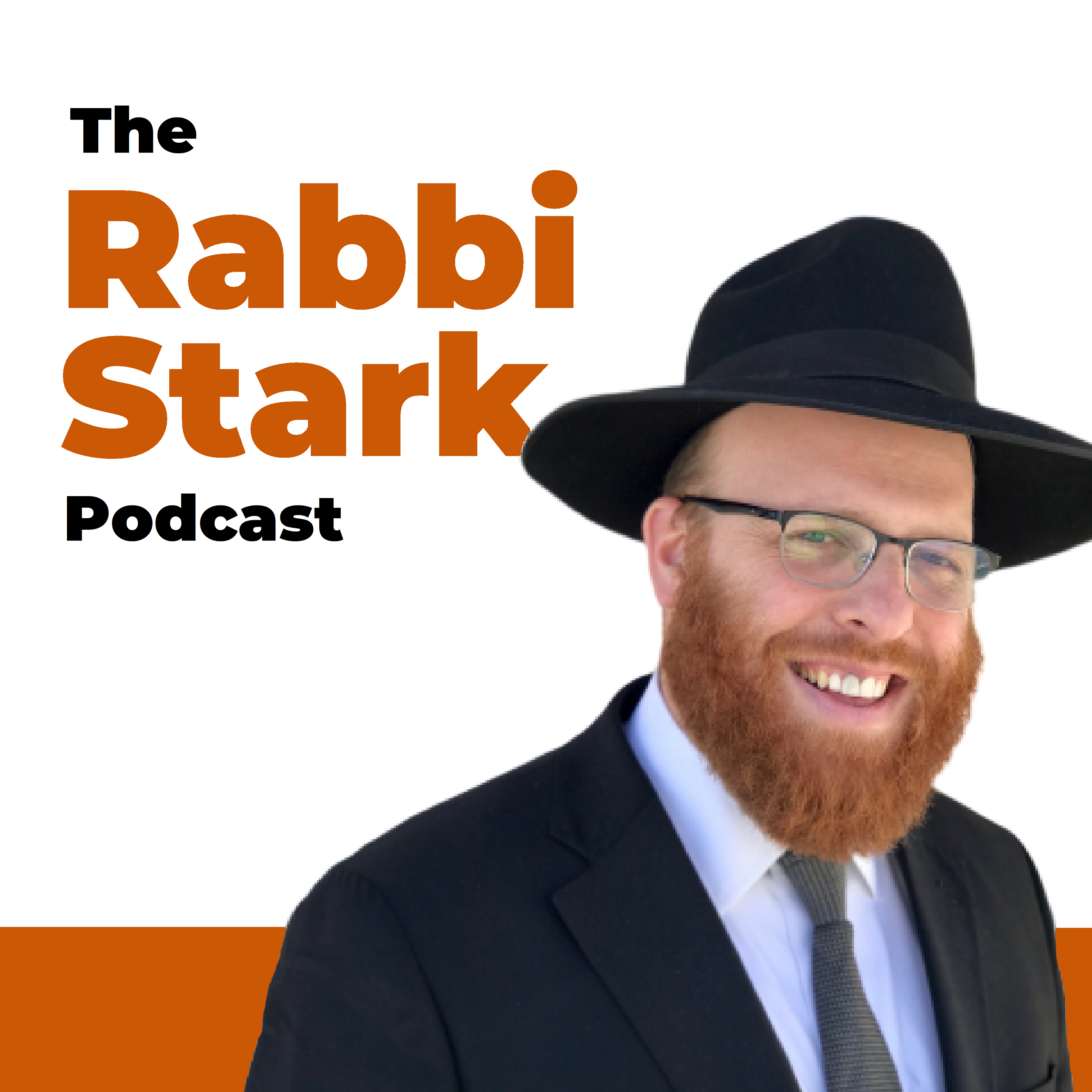
Tu B'Av And The Shiva D'Nechemta
With Tisha B'Av behind us, what is the "avodah" moving forward?
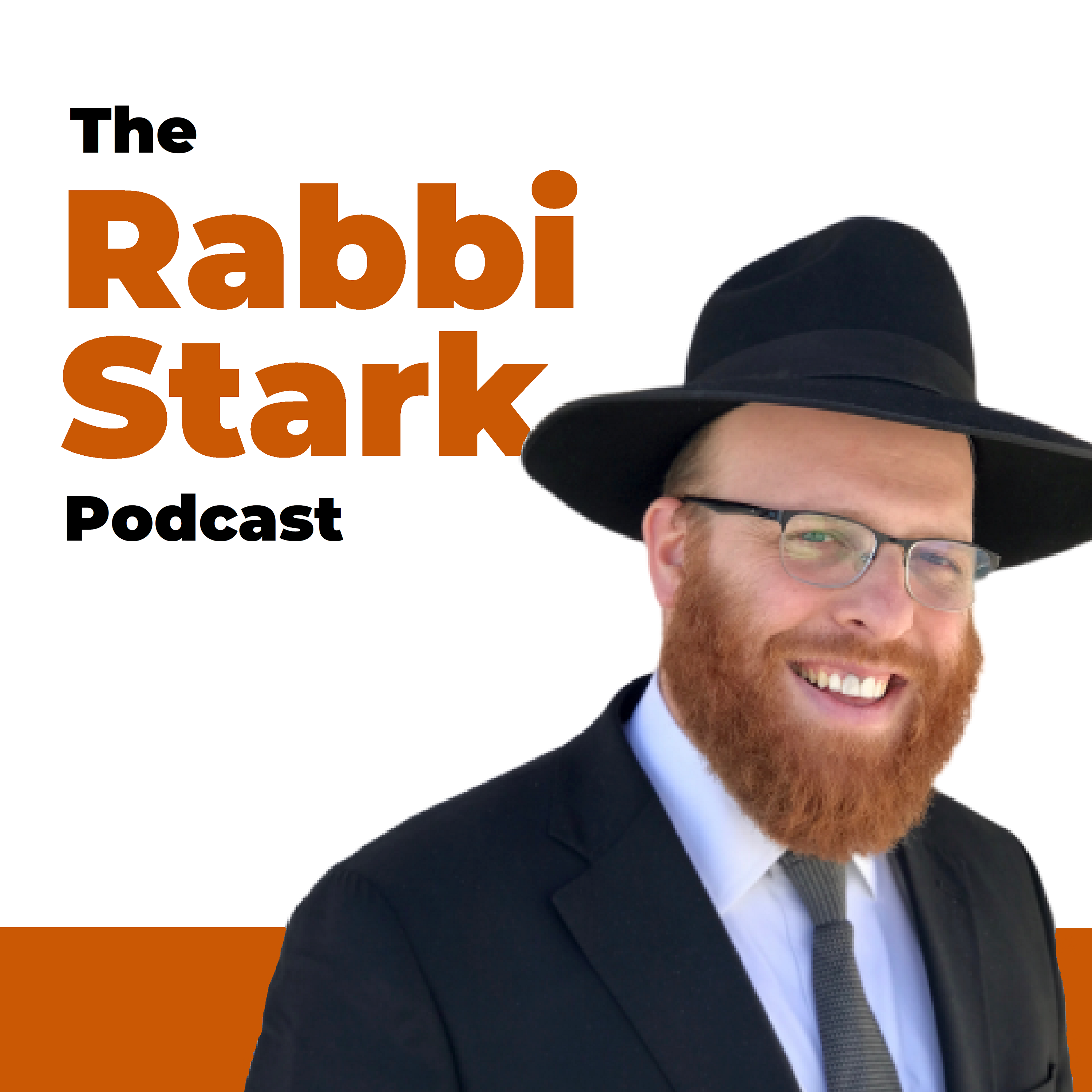
The Churban And Ultimate Geulah (Tisha B'Av)
How can we mourn a loss which we've never experienced and how can we yearn for something which we have no concept of? Rabbi Stark helps us relate to these otherwise foreign concepts.
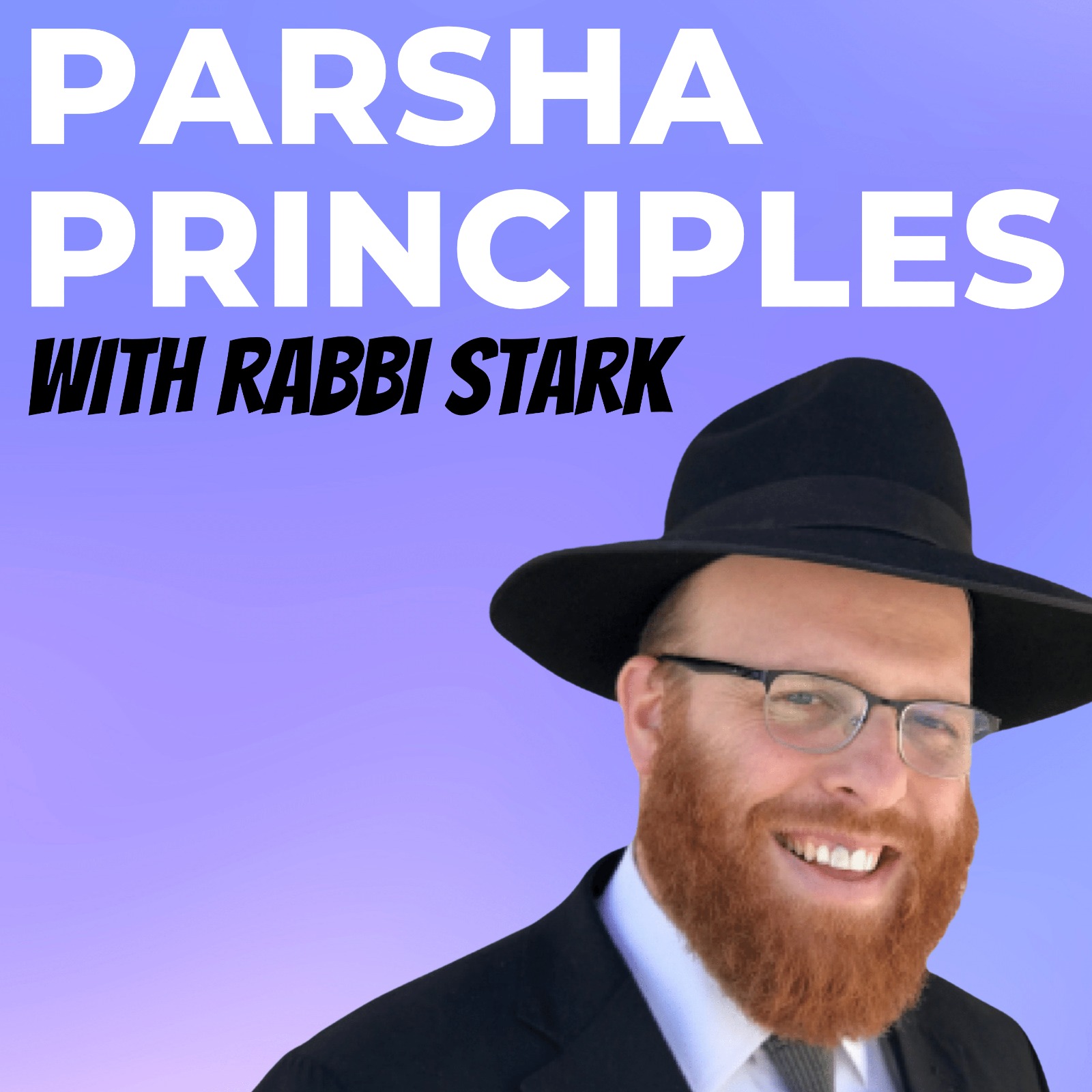
The Bracha Of Shalom (Pinchas - Parsha Principles)
Pinchas, who did this seemingly violent act, is blessed with "the bracha of shalom"—isn't this an oxymoron?
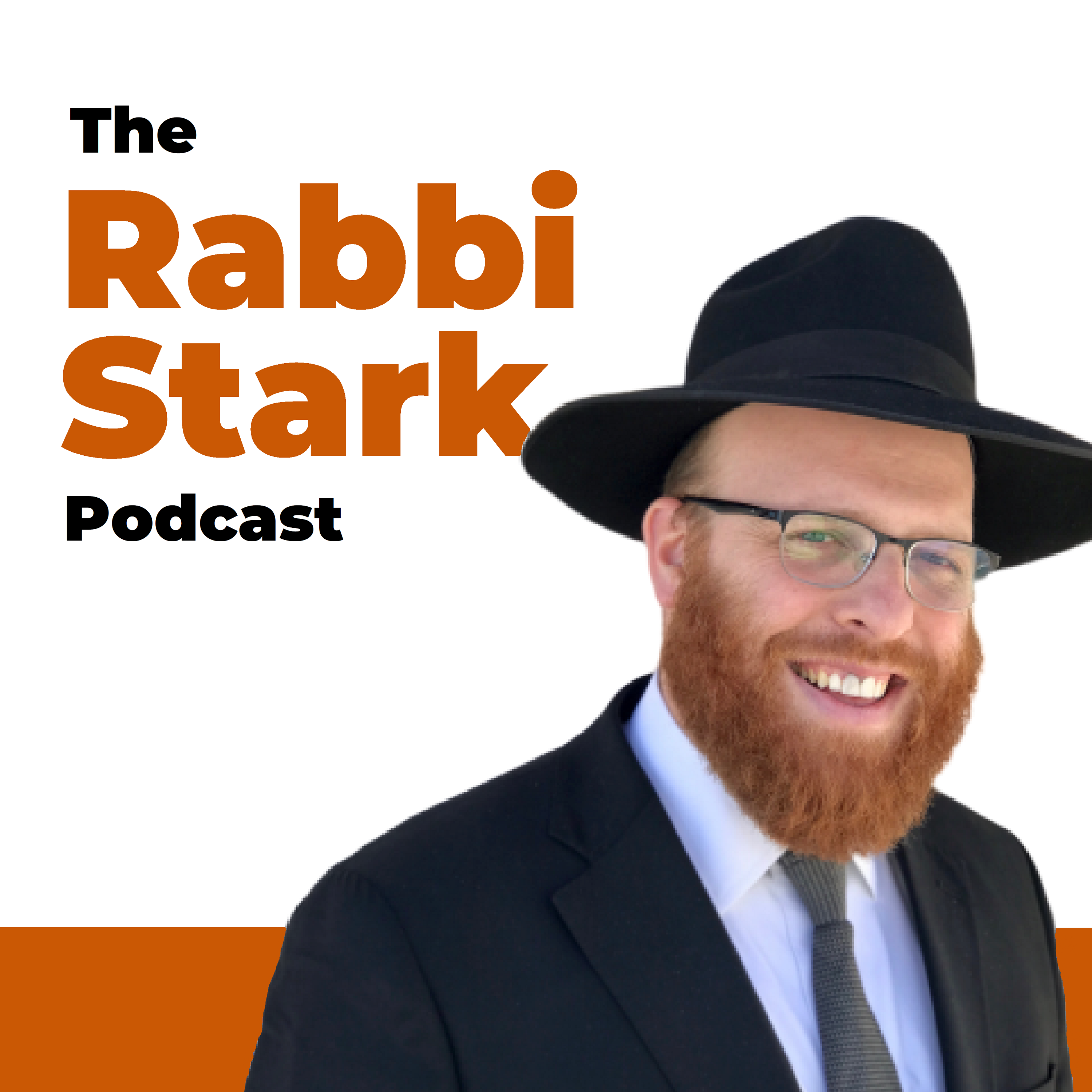
Even Bigger Than Themselves (Emunas Chachamim V)
Our leaders from previous generations were so great that their works were even bigger than themselves, how is that even possible?
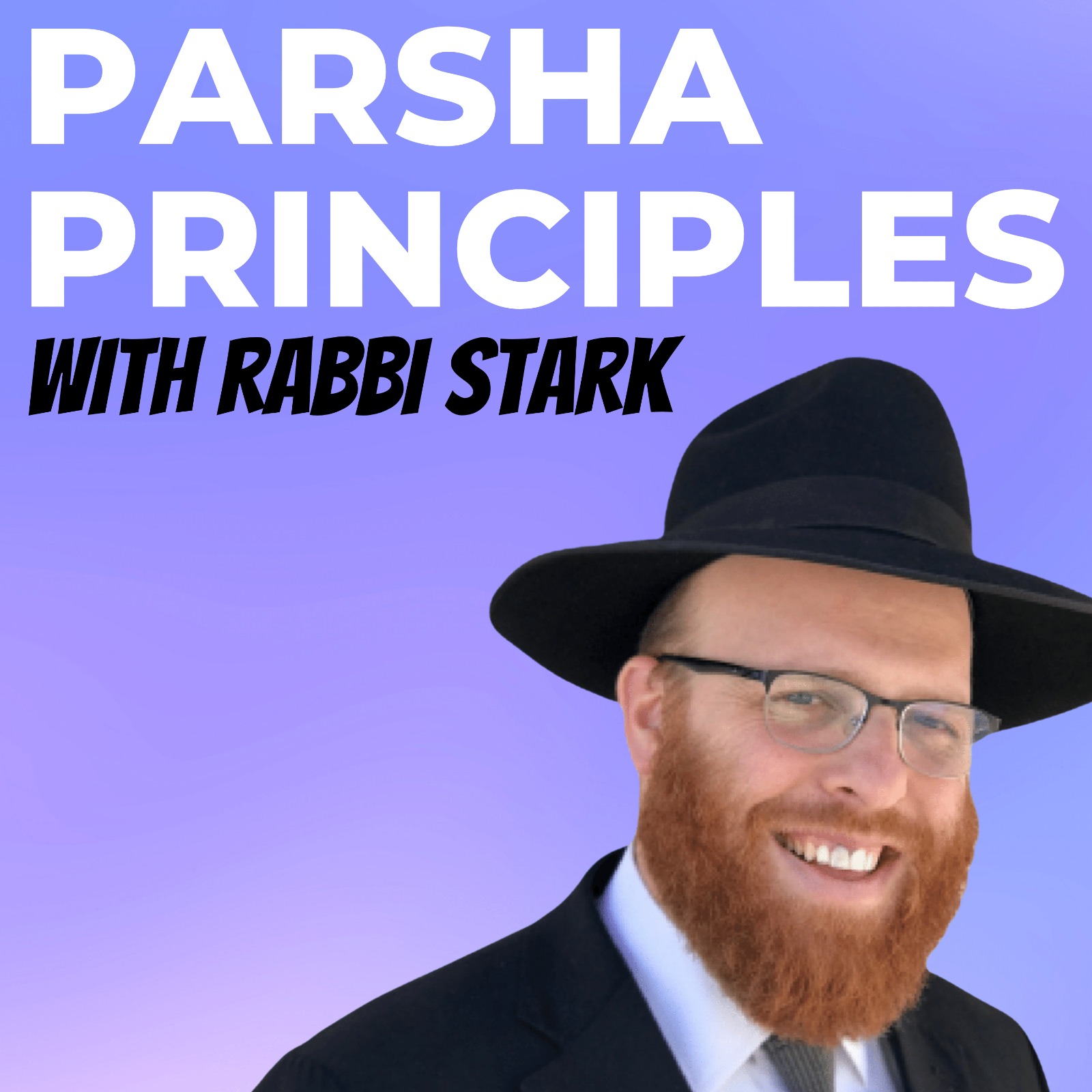
Bilam, A Donkey With A Donkey (Balak - Parsha Principles)
How is it that Bilam—who is referred to as "Bilam HaRasha"—could seem to have experienced prophecy in the same way as Moshe Rabbeinu?
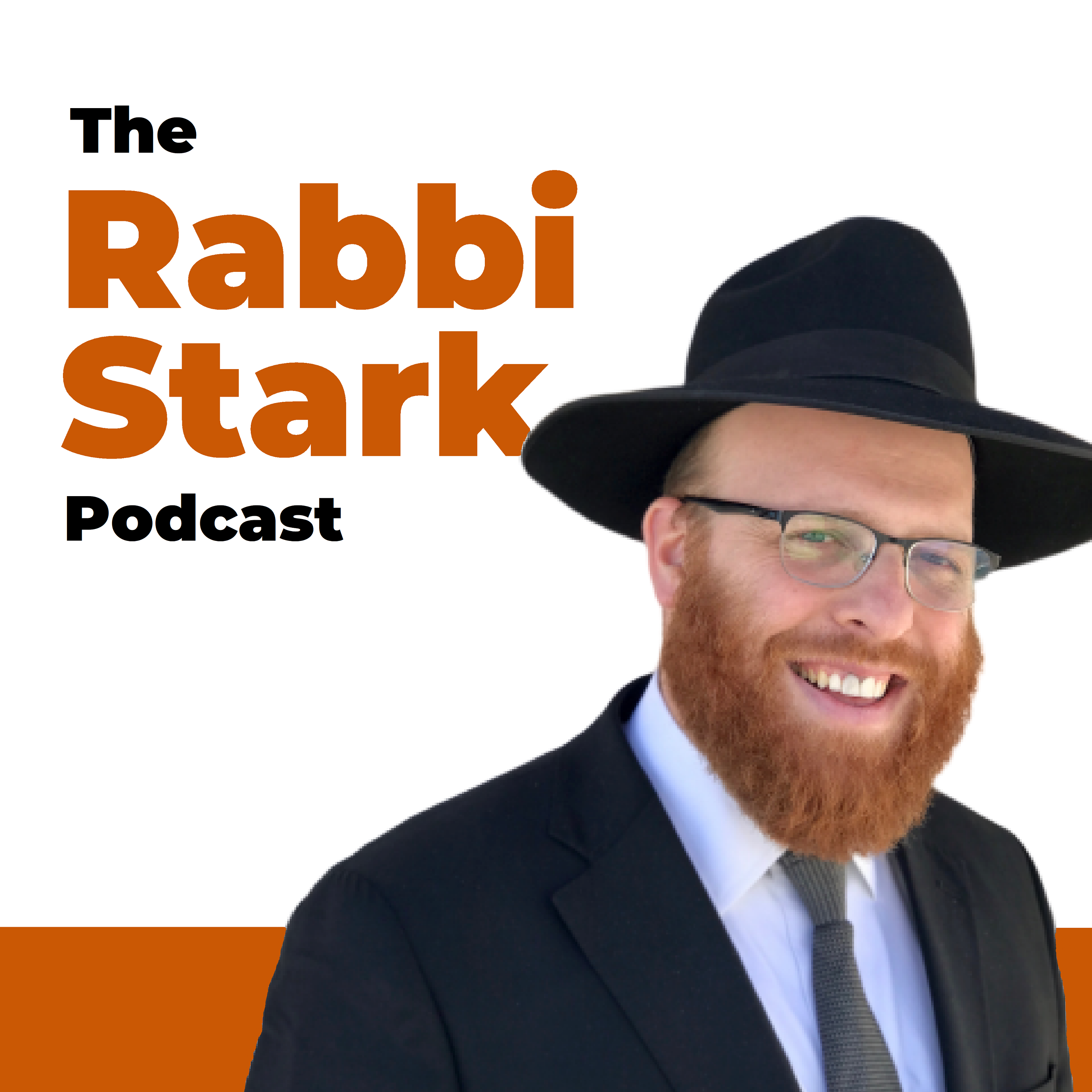
The "Gadlus" Of Our Gedolim (Emunas Chachamim IV)
Our gedolim and chachamim are (technically) "people"—but not at all in the sense we are familiar with.
